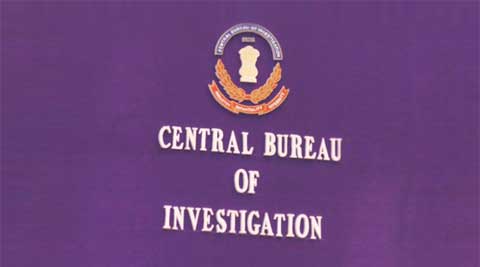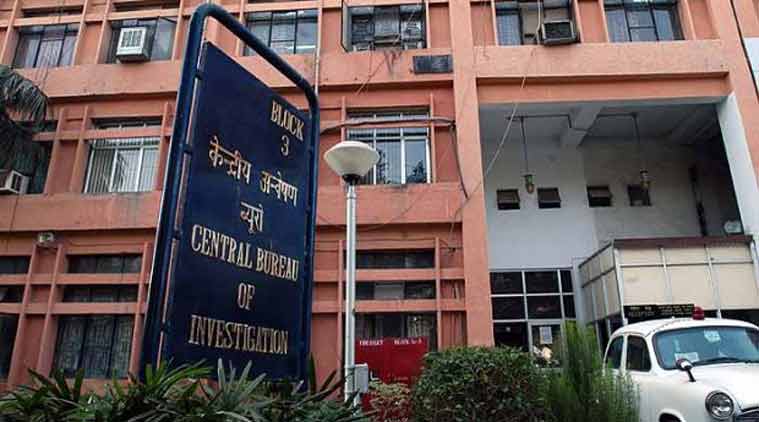Opinion Rattling the cage
Chastised by the courts, the CBI is singing tunelessly in a low key
 The court also asked the CBI to explain why it had ruled out the “element of criminality” in the allocation to Hindalco.
The court also asked the CBI to explain why it had ruled out the “element of criminality” in the allocation to Hindalco.  Pressure to secure trophy scalps may have left the CBI unable to deal with cases that really matter.
Pressure to secure trophy scalps may have left the CBI unable to deal with cases that really matter.
In the public imagination, the CBI has superhero powers. It is the agency of last resort, which is clamoured for when the public is distrustful of the police and the local administration, or when cases are so coloured by political interests that the apparatus of law and order freezes. But in reality, it is scarcely infallible, with a strike rate of about 65 per cent. And the “caged parrot” has an extraordinary capacity for appearing to be a punitive weapon of the government.
This week, it has been embarrassed twice in court. On Tuesday, the Bombay High Court granted anticipatory bail to Teesta Setalvad and Javed Anand, rejecting the CBI’s claim that their activities compromised national security. And on Wednesday, the Supreme Court extended interim protection from arrest to Dayanidhi Maran. In both matters, the courts questioned the agency’s eagerness to make arrests on slender grounds.
The agency had sought custody of Maran to investigate the installation of 360 lines by the struggling state carrier BSNL in his Chennai home, which were allegedly used commercially by Sun TV. The Supreme Court retorted that the agency could have equally sought custody of the BSNL officials who installed the lines, who must have known something of the matter. It warned the agency against serving as an instrument for political vendetta. The CBI’s case against Setalvad was deeply contradictory, as the agency attempted to escalate a matter of alleged misuse of funds held in trust into a national security issue. The case appeared to suggest that the activities of Setalvad’s organisation, such as strengthening civil society, educating lawyers, organising peace meetings and doing media advocacy supporting minority-sensitive reporting, could undermine national security. The high court declined to see a causal link, or the need for sustained custodial interrogation.
Pressure to secure trophy scalps may have left the CBI unable to deal with cases that really matter. In the Supreme Court, it has pleaded inability to take on the alleged scam in the Madhya Pradesh Dental and Medical Admission Test (DMAT), in which seats in private institutions were reportedly sold to the highest bidder. It is related to the Vyapam scam, whose kingpins may have cut deals with private players. The CBI seeks to limit itself, arguing that its sanctioned strength of 1,264 officers is unequal to the workload of almost 2,000 cases. But would a human resource overhaul alone create an agency that is equal to its reputation?





